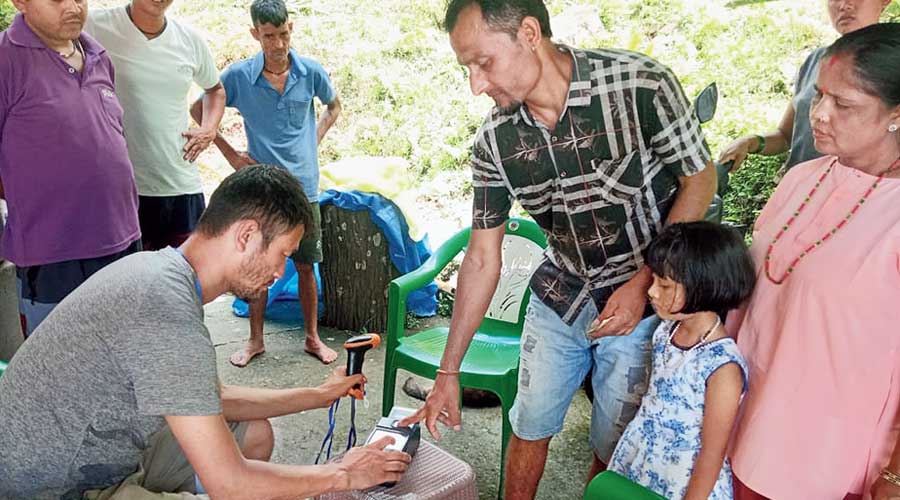Ration dealers in Darjeeling apply for Duare ration exemption
Ration dealers in Darjeeling have requested an exemption from the “Duare Ration” in the hills, partly because of the high transport costs due to terrain and internet connection problems.
There are 614 grocery stores in the hills of Darjeeling, including the Kalimpong district, of which 111 stores have been placed under the Duare ration recently introduced by the state government.
“Our dealers face various problems given the difficult terrain in the hills. It will be fair and just if the hills are exempted from continuing the project, â€said Pemba Tamang, President of Darjeeling Gorkha Hill MR Dealers’ Association.
Under the Duare Ration program, rationers must deliver groceries to beneficiaries’ doors. Traders receive a commission of Rs 150 per quintals. “Everything (costs) has to be covered by this commission. In reality, sometimes our expenses are more than commissions, â€said one trader.
Dealers who are not under the Duare ration receive a commission of Rs 75 per quintals.
The commission rate for hills and plains is the same, which traders consider unfair given the topography in the hills.
Ration dealers claim that in the hills all houses are inaccessible from the road and often there is no other option but to carry the burden on your head, â€said another ration dealer.
Ration traders in the mountains claimed that in addition to the transportation costs averaging 3,000 rupees, they have to hire two workers at 2,000 rupees, an electronic point of sale operator at 800 rupees per day, loading and unloading fees of 1,200 rupees and provide food for five People costs Rs 500.
The total cost is 7,500 rupees a day, they said.
The other major problem cited by traders is the erratic internet connection.
“Biometric authentication is mandatory for Duare Ration at the point of sale, but due to network problems we are unable to authenticate in many places,” said Tamang.
Many traders also said that many day laborers are not at home when they reach out.
Merchants are expected to divide the beneficiaries into 16 clusters and mark a fixed distribution day in the month from the first Tuesday to the fourth Friday and stick to the days in the coming months.
“Most day laborers and tea gardeners can only eat a ration on weekends,” said one trader.
Many retailers also complained that there was no way to top up e-POS scales at points of sale. “The E-POS machine offers a reserve of three hours, while scales have a reserve of four to five hours. Even charging these machines is a problem in the mountains, â€said one dealer.
On Tuesday, the members of the association presented the MP Shanta Chhetri of Rajya Sabha with a memorandum in which they highlighted their complaints. Chhetri, has reportedly assured members that the matter will be discussed with the state government.

